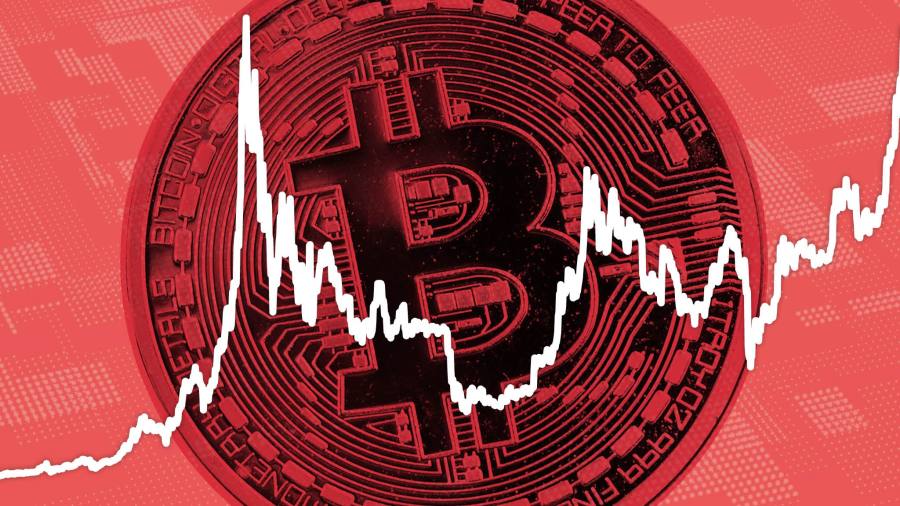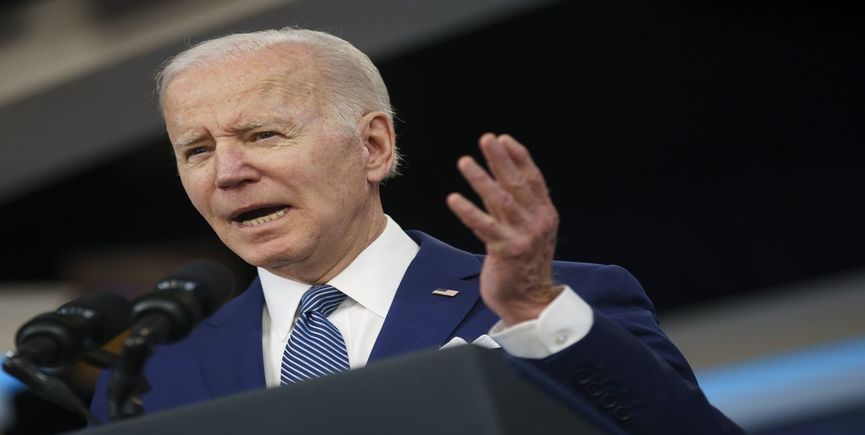
- October 21, 2021
A Bank of England official warns that cryptocurrency could cause 2008-level meltdown.
- Cunliffe likened the rate of growth of the cryptoasset market, which has grown from $16 billion to $2.3 trillion in five years, to the $1.2 trillion subprime mortgage market in 2008.
- Regulators around the world have begun to work on establishing a public policy framework to manage the exponential growth of cryptoassets, but Cunliffe said this must be pursued as a matter of urgency.
Jon Cunliffe, the Bank of England's deputy governor for financial stability, has warned that cryptocurrencies might trigger a global financial crisis unless strict rules are put in place.
Cunliffe compared the rate of growth of the cryptoasset market, which has grown from $16 billion to $2.3 trillion in five years, to the $1.2 trillion subprime mortgage market in 2008.
"When something in the financial system grows at a breakneck pace in a largely uncontrolled environment, financial stability regulators must sit up and take note," he added.
Cunliffe admitted that governments and authorities must be wary of overreacting or labelling new ideas as "dangerous" simply because they are different, but he also stated that crypto technologies have the potential to provide "dramatic advances" to financial services.
However, he said that, while the risks to financial stability are now modest, the existing applications of cryptoassets pose a risk to financial stability because the majority "have no inherent value and are prone to severe market corrections."
The two most popular cryptocurrencies, bitcoin and ethereum, both lost more than 30% of their value earlier this year before recovering, and have been exceedingly volatile from their inception. Prices are sensitive to a range of external causes, ranging from Tesla CEO Elon Musk's statements to Chinese government regulatory crackdowns.
"We are seeing the rise of leveraged actors as the crypto sector begins to integrate to the traditional banking system." And, most importantly, this is taking place in a completely unregulated environment," Cunliffe said.
His remarks echo those of Bank of England Governor Andrew Bailey, who warned cryptocurrency investors in May that the assets lacked "intrinsic value," and that they could expect to lose all of their money.
The Financial Conduct Authority of the United Kingdom has also issued a warning about the dangers of investing in cryptocurrency.
The danger to financial stability, according to Cunliffe, might develop quickly if the market continues to expand at this rate, but the magnitude of those risks will be determined by the speed with which regulators and governments respond.
In the last five years, the price of bitcoin has dropped by 10% in a single day on roughly 30 occasions, the largest of which being a drop of about 40% following a cyber-incident at Seychelles-based bitcoin and cryptocurrency exchange BitMEX.
"The forward-looking question is what might happen if these cryptoassets continue to scale, if they get more integrated into the existing financial sector, and if investing methods become more complex?" Cunliffe explained.
Interconnectedness and leverage are essential to whether big market corrections can be absorbed by the system, saddling some investors with harsh losses but avoiding a knock-on effect on the real economy, Cunliffe suggested.
Both of these factors were present in the subprime mortgage market before to 2008, allowing for the cascading effects that brought the global economy to its knees, and both are growing more important in the crypto space, according to Cunliffe. It would be up to authorities to manage this growing risk and ensure that the system can withstand big modifications, he said.
"Despite the fact that crypto finance operates in innovative ways, well-designed standards and regulation may and should enable risks to be managed in the crypto world in the same manner they are managed in traditional finance," Cunliffe said.
Many regulators around the world have started working on establishing a public policy framework to regulate the exponential expansion of cryptoassets, but Cunliffe believes it must be pursued urgently.
"Throughout history, technology and innovation have fueled financial progress. Cryptocurrency technology has a lot of potential. "If you design a better mousetrap, the world will beat a path to your door," he added, quoting [Ralph Waldo] Emerson.
"However, it must be a truly improved mousetrap, not one that simply performs under lower — or to no standards at all.”



















